Key Takeaways:
- An engraved firearm isn’t just a weapon—it’s a story in metal and wood: Each one reflects not only the engraver’s artistry but also the culture, technology, and personal history of its time. Whether it’s a mythological scene or a signed flourish, the details speak volumes if you know how to listen.
- Provenance and preservation matter just as much as the artwork itself: A beautifully engraved piece with a well-documented history carries far more weight than a mystery gun with no paper trail. And while age adds charm, careful restoration and material integrity make all the difference when it comes to long-term value.
- Sometimes, it’s not about value—it’s about connection: Collectors often fall for a piece because it feels right. That gut-level pull, that quiet awe when you hold something truly special? That’s what turns a firearm into a legacy—and makes you more than just an owner. You become a caretaker of history.
Let’s be honest—some things just stop you in your tracks. A finely engraved firearm? That’s one of them. It’s not just a tool or a collector’s item; it’s a conversation between generations, told through metal and wood. These pieces combine form and function in a way few objects do, blending rugged history with refined artistry.
So what is it about engraved guns that pulls us in? Maybe it’s the craftsmanship. Maybe it’s the stories they carry. Or maybe, just maybe, it’s that rare feeling of holding something that mattered once—and still does.
Where Craft Becomes Art
Hands That Speak in Steel
Behind every engraved firearm is someone with a steady hand, a sharp eye, and a mind that thinks in curves, shadows, and stories. These engravers don’t just scratch pretty patterns onto metal. They breathe life into cold steel, telling tales with every flick of a chisel. Some motifs are dense and detailed, while others leave space to breathe—but when it’s done right, it all feels balanced, intentional, even poetic.
You can spot a master’s work by the way lines flow together, how shading adds depth without overwhelming the surface, and how every inch feels like it belongs to a bigger picture.
A Mirror of the Times
Designs don’t exist in a vacuum. What’s etched onto a barrel or slide often reflects the spirit of its age—whether that’s the elaborate curls of Baroque scrollwork or the cleaner, bolder strokes of 20th-century modernism. These firearms tell you something about where (and when) they came from. You might see mythological scenes, pastoral landscapes, military triumphs—or even just a decorative flourish that was all the rage in 1890s Paris.
Pay close attention to the style. Sometimes it whispers. Sometimes it shouts. But it always reveals more than meets the eye.
Signed with Pride
Ever find a tiny signature tucked away near the trigger guard? That’s not just an afterthought—it’s a badge of honor. Many top-tier engravers, from 19th-century artisans to contemporary legends, sign their work like painters or sculptors. These signatures add not only authenticity but also emotional weight. They say, “I made this, and I stand by it.”
Collectors love these touches. And who wouldn’t? It’s like getting a handwritten note from the artist, carved in steel.
Every Scratch Tells a Story
History You Can Hold
Engraved firearms aren’t just art—they’re artifacts. Look closely, and they might show you signs of where they’ve been. A bit of wear around the grip? Maybe it was carried through a war. A nick on the frame? Possibly dropped in a moment of chaos. These aren’t flaws; they’re footnotes to a story.
The style of the engraving, the type of firearm, even the material of the stock—all of it adds to the timeline. You’re not just buying a gun. You’re buying a slice of someone’s past.
Provenance Matters
Now, don’t get us wrong. A beautiful piece is still beautiful even if its history is a mystery. But when it comes with documentation—letters, photos, registry entries, or even old auction catalogs—it becomes something else entirely. That paper trail can transform a striking object into a verified chapter of history.
It’s like owning a classic car with the original title signed by the first owner. There’s just something extra there. A weight. A legacy.
A Glimpse Into Innovation
Sometimes it’s not the engraving itself, but the mechanism underneath that steals the spotlight. An early flintlock with hand-carved vines might also be one of the first models to use a rifled barrel. A revolver with scrollwork could feature a rare transitional loading system. The artistry on the outside pairs beautifully with the ingenuity inside, and both matter.
Knowing how these pieces worked in their day helps deepen your appreciation for how they were used, admired, or even feared.
The Gentle Balance of Time and Care
Aging Gracefully
Time leaves its fingerprints on everything. With engraved firearms, some wear adds character, like a leather-bound book that’s been read a hundred times. But there’s a line. A little patina? Lovely. Deep corrosion or sloppy repair work? That’s when charm turns into concern.
Look for clear, crisp engravings and functional parts. A piece doesn’t need to be pristine, but it should feel respected.
Respectful Restoration
Restoring an engraved firearm is a delicate business. Too heavy a hand and the soul gets sanded away. The best restorers treat these pieces like fragile antiques, enhancing what’s there rather than covering up flaws.
If a firearm has been restored, that’s not necessarily a bad thing. But ask who did the work, how they approached it, and whether original details—especially the engraving—remain intact. Think of it like renovating a historic home: modern comforts are fine, but you don’t paint over the crown molding.
Material Matters
Don’t forget the basics. The metal used—steel, silver, even gold inlays—and the type of wood all affect the longevity and appeal of the piece. Older firearms made from high-quality materials often age better, hold their detail longer, and feel more satisfying in the hand.
That said, materials are also part of the story. Some budget-friendly guns got stunning engravings, proving beauty isn’t just for the elite.
The Truth Beneath the Surface
Paperwork Tells the Tale
Anyone can engrave a gun. But is it original? Is it period-correct? Is it even done by hand? Certificates of authenticity, appraisals, and expert opinions matter here, especially if you’re thinking about value or resale. These documents give you peace of mind and help preserve the firearm’s identity over time.
Call in the Pros
When in doubt, talk to someone who’s seen hundreds, maybe thousands, of engraved firearms. Seasoned collectors, antique arms dealers, and historians often notice subtle cues—techniques, styles, hallmarks—you might miss. Their insights can save you from a costly mistake or help uncover a hidden gem.
And honestly? Getting to nerd out with someone just as obsessed as you are can be half the fun.
Zoom Out to See the Big Picture
Engraved firearms don’t live in a vacuum. The more you know about the period they came from—politics, technology, fashion—the richer the piece becomes. Suddenly, that 1870s pistol with grapevine scrolls isn’t just decorative. It’s a reflection of agrarian pride in post-war Europe.
The more context you have, the more the story unfolds.
Why We Fall for These Things
It Just Feels Personal
There’s a moment—sometimes quiet, sometimes electric—when you first hold a piece that just speaks to you. Maybe it reminds you of something your grandfather once had. Maybe the artistry just knocks you off your feet. Either way, that gut feeling? Don’t ignore it.
Collecting is often as much about emotion as it is about logic.
Beauty You Can’t Explain
Not everything needs to make perfect sense. Some engraved firearms just look right. The balance, the flow, the sparkle of light on polished steel—it clicks. And when it does, you’ll know.
Passing It On
These aren’t just collectibles. They’re stories you get to keep—and eventually share. Whether passed down to family or given to a museum, these pieces carry legacies that outlive us.
Treat them like the treasures they are.
Final Thoughts: A Legacy in Every Line
In a world full of noise, engraved firearms have a quiet way of getting your attention. They’re equal parts beauty and backbone—where steel becomes story and wood holds memory.
So next time you see one, stop and look a little closer. You might just find more than craftsmanship. You might find yourself staring into the past—and seeing something new.
Frequently Asked Questions
It’s not just about decoration—it’s about storytelling. Engraved firearms blend functional design with artistic expression. Every line carved into the metal adds character and history, turning a tool into something far more meaningful: a piece of cultural and personal heritage.
That’s the million-dollar question. Begin by inspecting for signs of age and wear that align with the rest of the firearm. Look for consistent patina, engraving depth, and period-correct styles. A mismatched look can signal a more recent engraving. When in doubt? Hire an expert who understands the nuances of era-specific techniques.
Not necessarily. Thoughtful, expert restoration can preserve value—or even enhance it—if it’s done carefully and in line with the piece’s original craftsmanship. But heavy-handed or overly modern repairs? That can take away from its authenticity and collector appeal.
Hugely. A detailed paper trail—comprising sales receipts, letters, and historical records—can transform a great-looking piece into a museum-worthy artifact. Provenance connects the dots between the owner, the artist, and history. Without it, you might just be looking at a nice engraving with an unknown backstory.
Not at all. While some pieces command sky-high prices, others are more affordable yet rich in artistry. Whether you’re spending $800 or $80,000, there’s room in this world for passionate beginners and seasoned collectors alike. It’s less about price and more about connection.


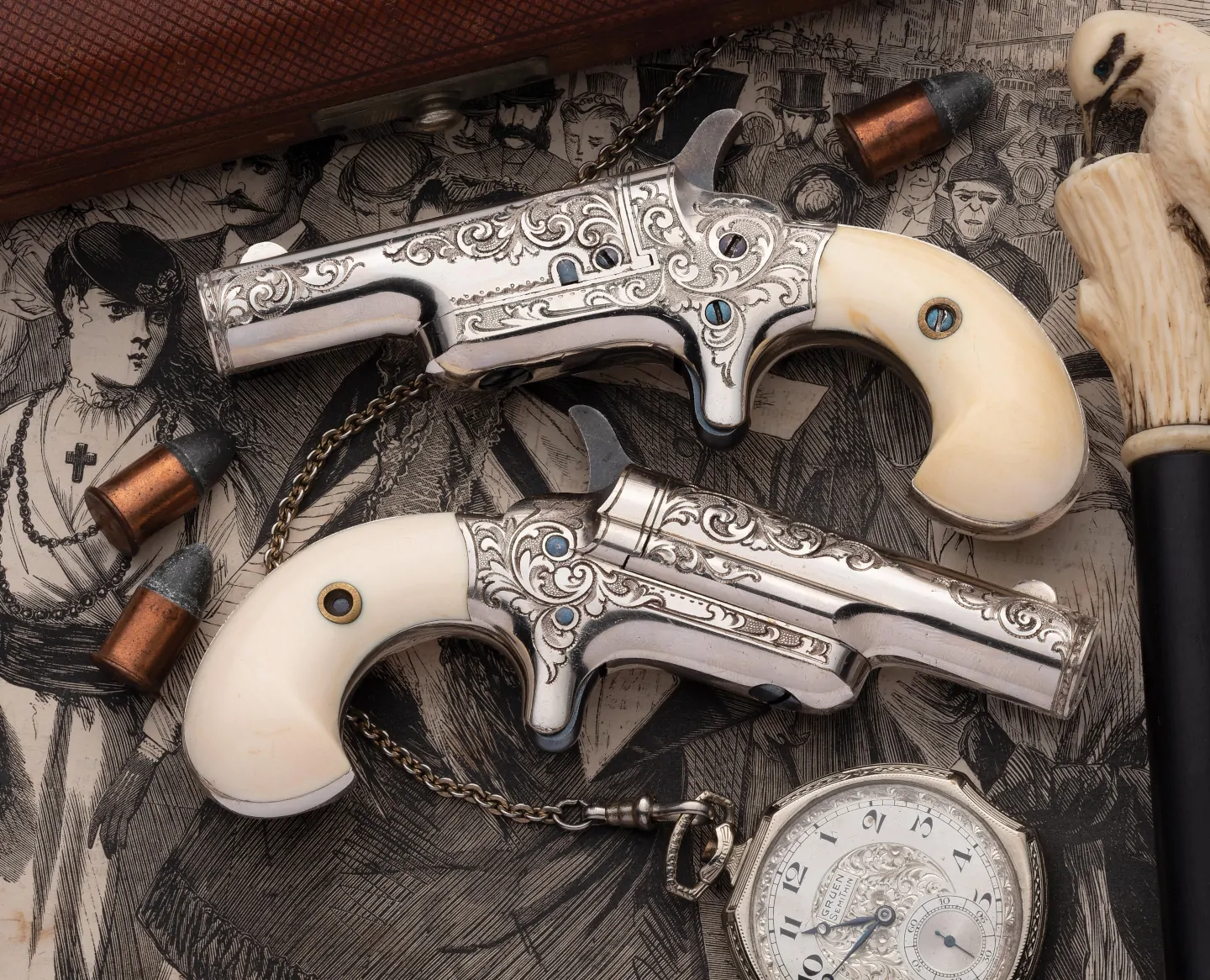
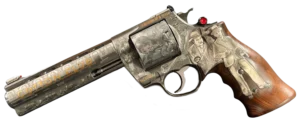
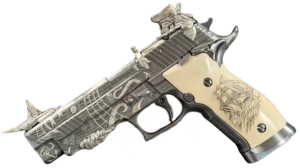
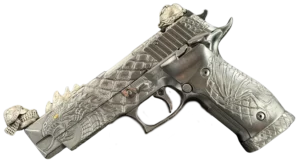
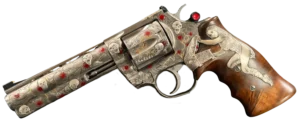
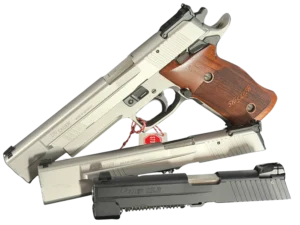
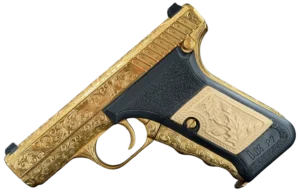
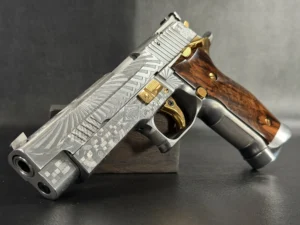
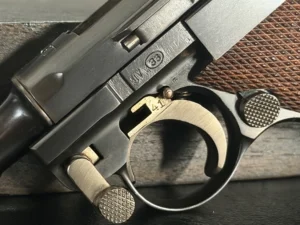
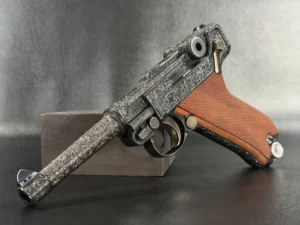

3 Responses
It’s really a great and useful piece of info. I am glad that you shared this useful information with us. Please keep us informed like this. Thank you for sharing.
I’ll immediately take hold of your rss feed as I can not to find your email subscription hyperlink or newsletter service. Do you’ve any? Kindly let me recognise in order that I may subscribe. Thanks.
I am so happy to read this. This is the kind of manual that needs to be given and not the accidental misinformation that’s at the other blogs. Appreciate your sharing this greatest doc.